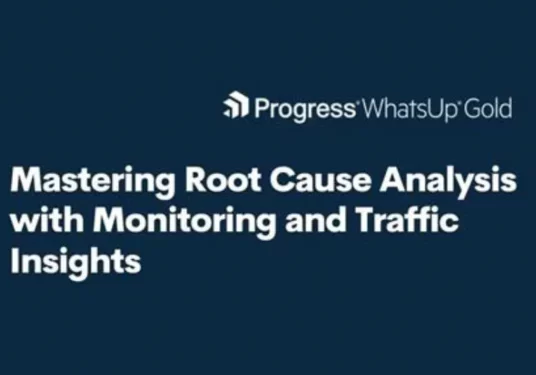Esther’s Courage: A Timeless Lesson for Today

SHARE
The story of Queen Esther, a young Jewish woman who rose to prominence in the Persian Empire, is one of bravery, identity, and divine purpose. Set against a backdrop of impending doom for her people, Esther’s tale is not merely an ancient narrative; it resonates deeply in today’s world, where individuals are often called to stand up for justice and protect the vulnerable.
Her story serves as a powerful reminder that courage can manifest in unexpected ways and that each of us has a role to play in the fight against injustice.
In the Book of Esther, we see how Esther’s cousin Mordecai implores her to intervene on behalf of the Jewish people, who are facing annihilation due to Haman’s wicked plot. Mordecai famously tells her, “For if you remain silent at this time, relief and deliverance for the Jews will arise from another place, but you and your father’s family will perish.
And who knows but that you have come to your royal position for such a time as this?” (Esther 4:14, NIV). This pivotal moment highlights the importance of recognizing our circumstances as divinely orchestrated opportunities to act.
Today, many face situations where they must choose between comfort and the call to advocate for those in need. Whether it’s standing up against discrimination, supporting marginalized communities, or speaking out against injustice, we are reminded that our actions—or inactions—can have profound consequences. Like Esther, we may find ourselves in positions where our voices can make a difference.
Esther’s response to Mordecai’s plea is striking. She gathers her courage and asks the Jewish people to fast for three days before she approaches the king—a bold move given that entering the king’s presence uninvited could result in death (Esther 4:16). This act of fasting signifies her reliance on God and the collective strength of her community.
In our lives today, fasting can serve as a powerful spiritual discipline that aligns our hearts with God’s will. It reminds us that we are not alone in our struggles; rather, we are part of a larger community seeking divine guidance. As we face personal or societal challenges, prayer and fasting can empower us to act with clarity and purpose.
Esther’s declaration, “If I perish, I perish” (Esther 4:16), encapsulates her willingness to risk everything for the sake of her people. Her courage is not born from a lack of fear but from a deep commitment to justice and love for her community. In today’s context, many are called to confront fears—whether they stem from societal pressures, personal insecurities, or potential backlash for speaking out.
Reflecting on this can lead us to consider how often we allow fear to dictate our choices. Jesus reminds us in Matthew 10:31 (NIV), “So don’t be afraid; you are worth more than many sparrows.” This assurance encourages us to step out in faith, knowing that our worth is inherent and supported by divine love.
The outcome of Esther’s bravery was monumental; she not only saved her people but also established the festival of Purim as a celebration of deliverance (Esther 9:20-22). This legacy serves as an enduring reminder of hope amidst despair. In times when darkness seems overwhelming—whether through personal trials or global crises—Esther’s story encourages us to remember that change is possible through courageous action.
Queen Esther’s narrative transcends time and culture, offering valuable lessons for contemporary believers. As we navigate our own challenges and opportunities for advocacy, let us embrace our unique positions with courage and faith. We may not wear a crown or hold political power, but like Esther, we can be instruments of change in our communities. As we reflect on her story, may we be inspired to act boldly for justice and compassion—truly living out the call “for such a time as this.”
*Cover Photo from agapebiblestudy.com
RELATED ARTICLES

Your Ideal Getaway at The Peninsula Paris

Progress WhatsUp Gold: Mastering Root Cause Analysis with Monitoring and Traffic Insights – Live Webinar









